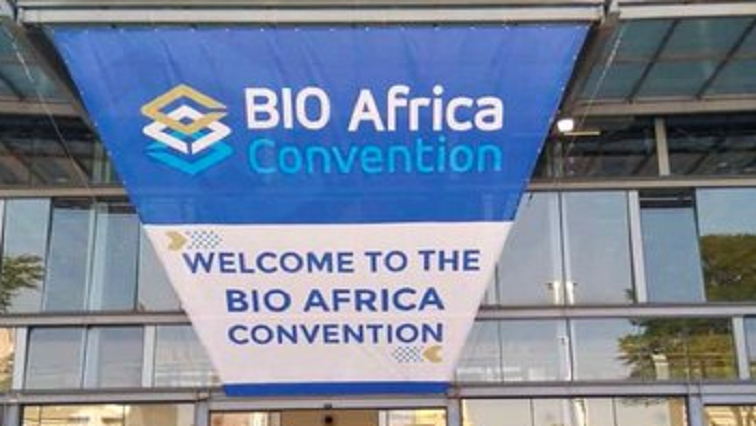The South African government believes great strides have been made in the field of bio-technology since 2001.
The Department of Science and Technology is now funding bio-technology for the manufacture of advanced health products to treat disease. This emerged at the Bio Africa Convention in Durban.
The three-day convention, taking place under the theme “Africa, Transcending consumerism, leading innovation” has brought together policymakers, businesses, regulators, researchers and investors.
The event aims to provide a platform for discussions on bio-innovative opportunities from Africa’s shared resources.
Director General for the Department of Science and Technology, Dr Phil Mjwara says with South Africa’s rich history and heritage in the bio-space, the country has the potential to become a bio-economy haven.
“The Wits University and national health laboratory services, they’ve developed the gene expert, which is a diagnostic tool for TB patients in SA. You can imagine the challenges of TB if not detected early – how much money you then have to spend treating them. This is something that is coming out of the bio-technology strategy. One of the centres we are financing, we are focusing on tree bio-technology and we’ve been looking at molecular breeding techniques in order to have better trees that can produce better products out of trees. We think that we have made big progress since 200.”
Dr Chris Smith is the host of the Naked Scientists – an international interactive science programme on radio. He says some the world’s biggest health challenges will be solved with science.
“I see emerging infection as a challenge facing the world. We have people with Ebola. It’s a big challenge because of the P word and that word is population. If you ask why is it that, there are at least 20 countries in Africa that could have an outbreak of Ebola, but in all of them, science is pretty much comfortable and it’s happening because there has been a very big increase in population. The solutions to these problems that are coming because of rising populations is going to be scientific one’s. Those sciences are going to include things like better disease management, better and faster diagnostics and also ways to make people healthier.”
Meanwhile, Dr Nhlanhla Msomi, president of AfricaBio, says the continent needs to shift from consumption to innovation through policy instruments and become more efficient in it’s production of bio-products.
“In Africa, bio-technology is already a massive thing, we consume products, healthcare, food. On of the issues we hope to start having dialogues about is what are the implications for Africa as a continent in terms of our reliance on imported goods. There are issues around the security of supply. Three years ago there was a shortage of a very specific vaccine. The reason for that was because there was a shortage of supply internationally.”






